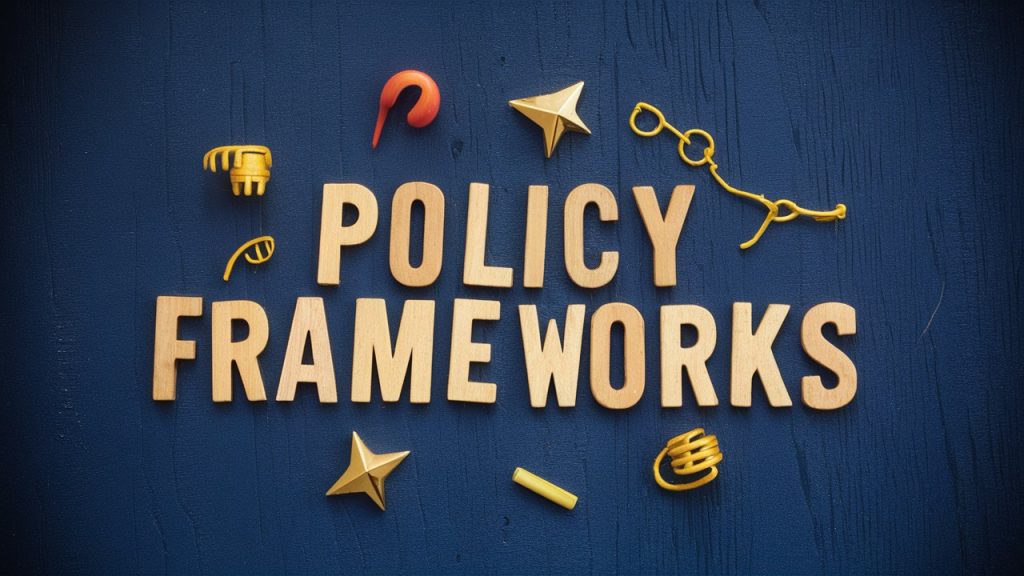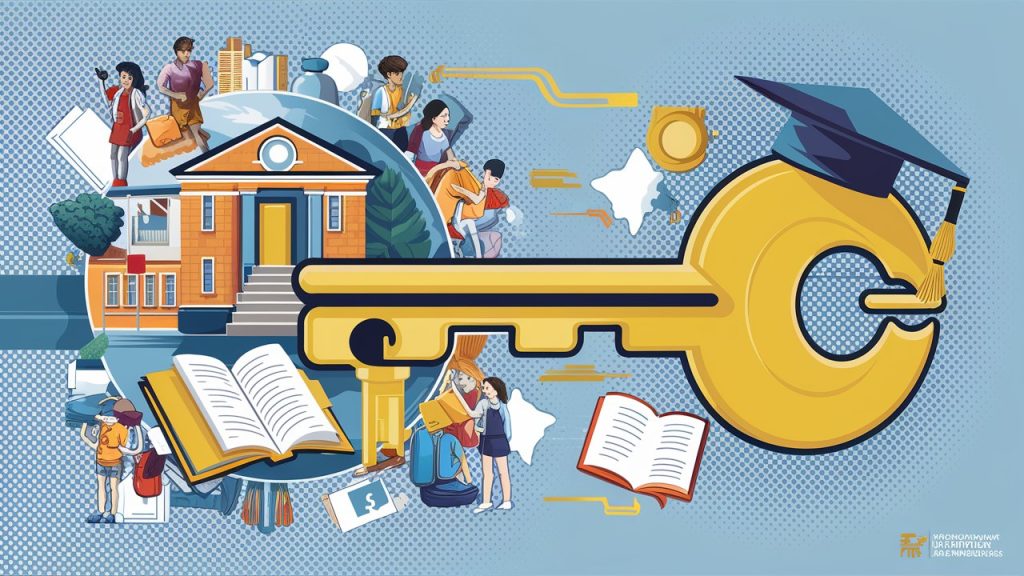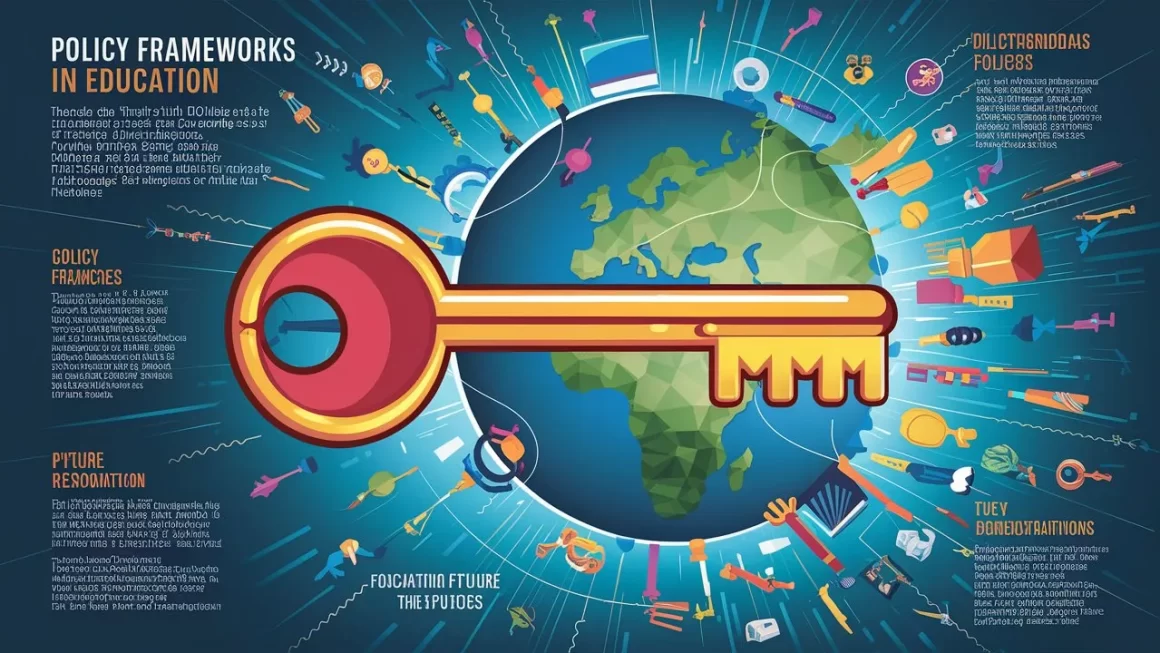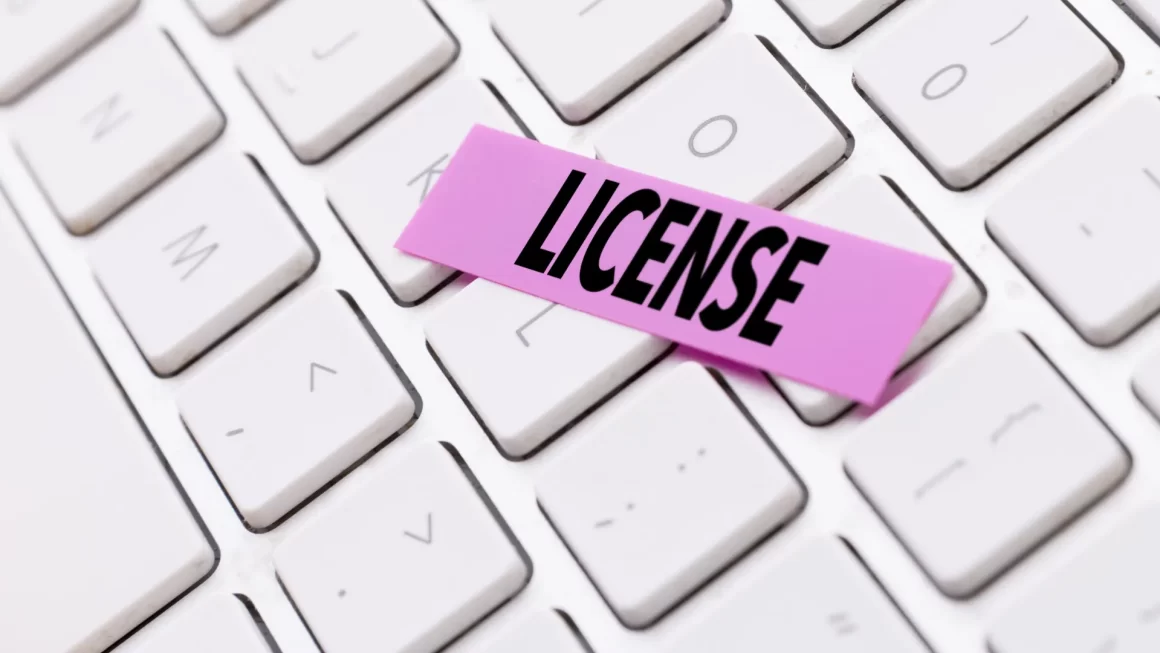Table of Contents
Education shapes our future. But how do we ensure it leads to success? The answer lies in effective policy frameworks in education. These frameworks set the rules, guide actions, and shape the outcomes of our educational systems. They influence what is taught, how it is taught, and who gets to learn. This article explores how policy frameworks in education can unlock future success.
What Are Policy Frameworks in Education?
Defining Policy Frameworks
Policy frameworks in education are structured plans or guidelines. They determine how schools operate, what curriculums include, and how teachers teach. These frameworks are essential because they ensure consistency and quality in education across different regions and schools.
Importance of Policy Frameworks
Policy frameworks provide educators with a clear direction. They help maintain high standards and ensure all students receive a quality education. Without these frameworks, education systems could become chaotic and uneven, leading to gaps in knowledge and opportunities.
Critical Elements of Effective Policy Frameworks

Inclusive Education Policies
An inclusive education policy ensures that all students have access to quality education regardless of their backgrounds, abilities, or needs. This includes policies for special education, language support, and equitable resources.
Curriculum Standards
Curriculum standards are a core part of education policy frameworks. They define what students need to learn at each grade level. Clear and consistent standards help ensure all students receive a comprehensive and balanced education.
Teacher Training and Development
Effective policy frameworks also include guidelines for teacher training and development. Well-trained teachers are crucial for delivering quality education, and policies should focus on continuous professional development and support for educators.
Impact of Policy Frameworks on Student Success
When schools follow robust policy frameworks, student outcomes improve. Policies that promote active learning, critical thinking, and problem-solving skills prepare students for the future. They help students develop the knowledge and skills needed for success in higher education and the workforce.
Reducing Educational Inequality
Policy frameworks play a vital role in reducing educational inequality. They ensure that all students have access to quality education regardless of their socio-economic background. Policies that allocate resources fairly and support disadvantaged students can bridge the gap in educational attainment.
Supporting Holistic Development
Education is about more than just academic success. Effective policy frameworks also support students’ holistic development. This includes physical education, arts, and mental health support. Policies that promote a well-rounded education help students develop into well-rounded individuals.
Challenges in Implementing Policy Frameworks
One of the significant challenges in implementing policy frameworks in education is resistance to change. Teachers, parents, and even students can be resistant to new policies. Effective communication and stakeholder involvement are essential to overcome this challenge.
Resource Allocation
Implementing policy frameworks requires resources. Schools need funding, trained staff, and materials to follow the guidelines set by the frameworks. Ensuring equitable resource allocation can be a challenge, especially in underfunded schools.
Monitoring and Evaluation
To be effective, policy frameworks need to be monitored and evaluated regularly. This ensures that the policies are working as intended and allows for adjustments based on feedback and outcomes. Setting up effective monitoring systems can be a challenge for many educational institutions.
Success Stories
Finland’s Education System
Finland is often cited as a model for effective education policy frameworks. Their approach focuses on inclusivity, comprehensive teacher training, and student well-being. As a result, Finnish students consistently perform well in international assessments.
Singapore’s Education Reforms
Singapore has also seen significant success through its education policy reforms. By focusing on teacher quality, curriculum standards, and student-centered learning, Singapore has created an education system that produces high-achieving students ready for global challenges.
Future Directions for Policy Frameworks in Education

Embracing Technology
Future policy frameworks should embrace technology. Digital tools can enhance learning, provide personalized education, and connect students to global resources. Policies should support the integration of technology in classrooms.
Fostering Innovation
Educational policies should also foster innovation. This includes encouraging creative teaching methods, supporting research and development, and promoting a culture of continuous improvement. Innovative policies can help education systems adapt to changing needs and prepare students for the future.
Global Collaboration
Education is a global concern. Future policy frameworks should encourage collaboration between countries. Sharing best practices, resources, and knowledge can help improve education systems worldwide. Policies that promote global collaboration can lead to a more connected and educated world.
Read Also: Unlock Your Future with the Educational Opportunity Fund: Transform Your Dreams into Reality.
Final Thoughts
Policy frameworks in education are crucial for unlocking future success. They provide the structure and guidance needed to ensure quality and consistency in education. By focusing on inclusivity, curriculum standards, teacher development, and embracing future directions like technology and innovation, policy frameworks can shape successful educational systems. As we look to the future, it is essential to continue refining and improving these frameworks to meet the evolving needs of students and society.
Unlocking future success starts with effective policy frameworks in education. Let’s ensure our policies are up to the task.




